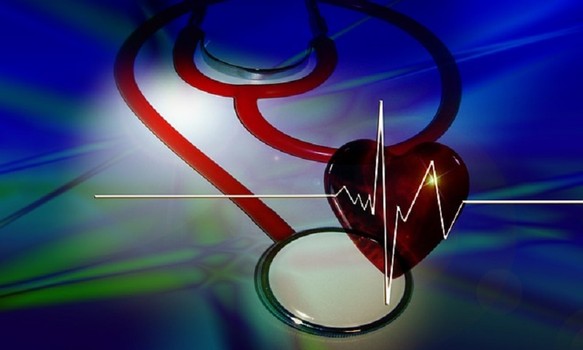A cardiac arrest is a very threatening experience which can be worsened significantly by vitamin D deficiency. The European Society of Cardiology reported vitamin D deficiency increases poor brain function in the aftermath of a cardiac arrest by seven-fold. A lack of vitamin D has also been found to increase mortality.
Researchers have discovered that patients who are deficient in vitamin D were more likely to have a poor neurological outcome or die after experiencing a sudden cardiac arrest than those patients who were not deficient. According to research which was presented at Acute Cardiovascular Care by Dr Jin Wi from Korea vitamin D deficiency increases the risk of poor brain function after a sudden cardiac arrest by as much as seven-fold. There was also a greater chance of dying after sudden cardiac arrest with vitamin D deficiency.
Dr Wi has said that in patients who are resuscitated after sudden cardiac arrest recovery of neurological function is clearly extremely important, as well as survival. An association has been found between vitamin D deficiency and various cardiovascular diseases including sudden cardiac arrest. Dr Wi and his colleagues investigated the association which exists between vitamin D deficiency and neurologic outcome in the aftermath of a sudden cardiac arrest.
Dr Wi has said that patients with vitamin D deficiency were found to be more likely to have a poor neurological outcome or die in the aftermath of sudden cardiac arrest than those patients who were not deficient. The only factors which were noted to have a greater impact on poor neurological outcome were not having bystander CPR available or having a first monitored heart rhythm that was not shockable.
Dr Wi said that these findings suggest that vitamin D deficiency should be avoided, particularly in people who are at a high risk of sudden cardiac arrest. Risk factors for cardiac arrest include a personal or family history of heart disease, smoking, diabetes, a sedentary lifestyle, obesity, high blood pressure and high cholesterol, and drinking too much alcohol.
Medline Plus reports that vitamin D is a fat-soluble vitamin which helps the body absorb calcium. Calcium and phosphate are two minerals which are essential for the normal formation of bone. When the skin is directly exposed to the sun the body makes vitamin D which is why this is called the “sunshine” vitamin. The best food sources of vitamin D are fatty fish such as salmon, tuna, and mackerel. There are small amounts of vitamin D in cheese, egg yolks, mushrooms, and beef liver. Supplements of vitamin D are available.
Although vitamin D is essential for good health caution should be taken in dealing with possible overdoses of this vitamin. When there is too much vitamin D the intestines absorb too much calcium which may cause high levels of calcium in the blood. With high blood calcium levels there may be calcium deposits in soft tissues such as the heart and lungs, nausea, vomiting, constipation, poor appetite, weakness, weight loss, confusion and disorientation, kidney damage, and kidney stones. Good advice is to therefore cautiously make certain you have an adequate amount of vitamin D daily.















